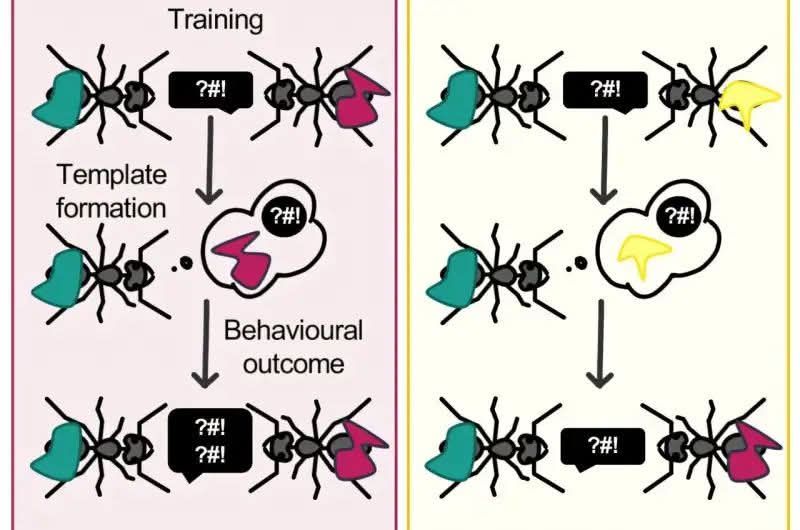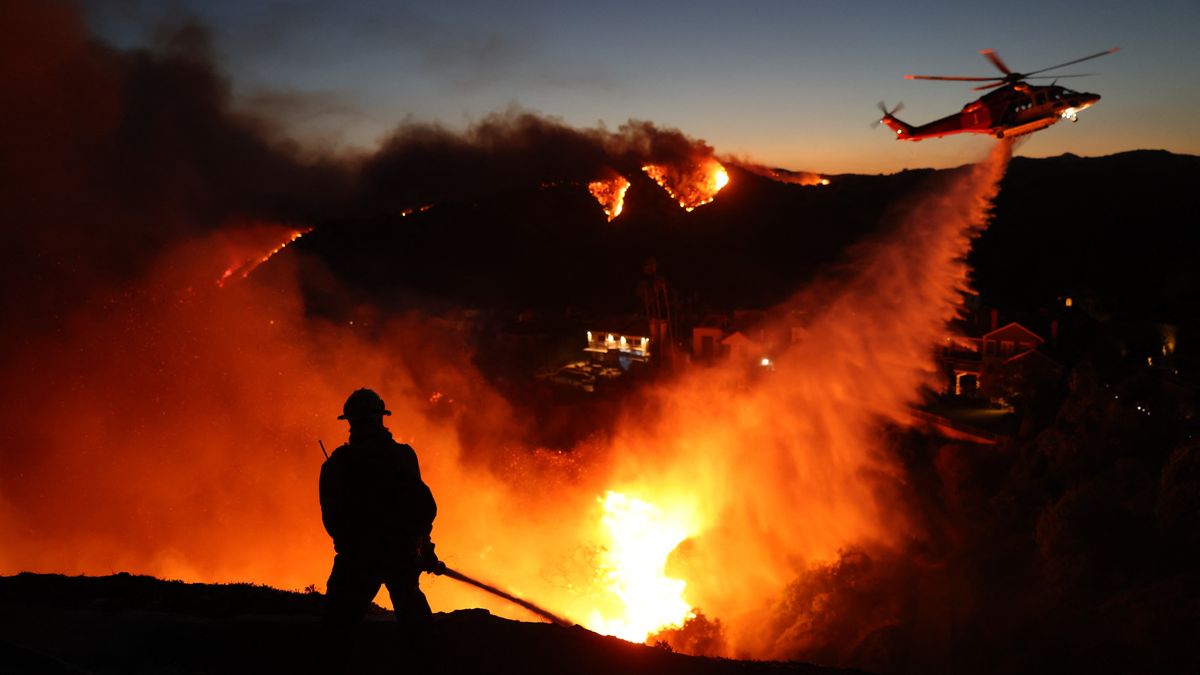The Climate Change Commission/He Pou a Rangi recommends New Zealand set more ambitious carbon targets.
The Commission says the current greenhouse gas targets are realistic and achievable, and that a loftier goal on both carbon and methane is also warranted. It also recommends including international shipping and aviation in our emission measurements.
The Science Media Centre asked experts to comment.
Dr. Christina Hood, Head of Compass Climate, comments:
“Solid analysis and advice from the Commission here, no surprises.
“It’s a sad indictment of politics that it is seen as “brave” for them to report the well-known reality that to avoid dangerous climate change the world needs to do three things:
- reduce gross fossil fuel and industrial emissions to near-zero (by over 90%)
- significantly reduce non-CO2 emissions like methane
- restore nature to draw down CO2 from the atmosphere (and draw down more with industrial removals).
“It’s been obvious for some time that New Zealand’s current 2050 targets don’t match up to this – as I’ve said before the Commission wouldn’t have been doing its job if it hadn’t recommended significant strengthening.
“I think the Commission’s energy scenarios don’t go far enough – the International Energy Agency’s net-zero energy scenario decarbonises energy, transport and industry faster than the Commission’s most ambitious scenario, and a true 1.5C-aligned scenario would look more like that.
“The Commission’s advice is not radical – if anything it’s a bit pedestrian.”
Conflict of interest statement: “My current work involves not-for-profit advisory on climate and energy issues.”
Ralph E. H. Sims, Professor Emeritus, Sustainable Energy and Climate Mitigation, Massey University, comments:
“The recommendations in the Climate Change Commission’s update since the 2019 Zero Carbon Act are moving in the right direction by encouraging NZ to become more ambitious in its future emissions reduction targets. It is supported by recent IPCC scientific assessment reports that endorse the need to reduce emissions urgently. Whether the present coalition Government and relevant ministers will take any notice of the recommendations is the key question.
“Given the number of new policies implemented in the past 12 months that will only serve to increase our gross emissions, having a longer-term view of the necessity to urgently reduce fossil fuels combusted for heat, electricity and transport fuels; to reduce methane emissions significantly; and not to rely on carbon sequestration technologies including planting more forests (that can only ever be a short term measure) is unlikely.
“Often forgotten is that aiming to stay below the 1.5ºC Paris target (now almost impossible in my view) or even the 2ºC target, does not avoid extreme climate events occurring. Climate change is already happening and extreme climate events being observed globally are exceeding the projections of the numerous climate scenario models. NZ having ambitious emission reduction targets for 2030 or 2050 is helpful but no real incentive for the Government to act with the urgency needed – or to run a national educational campaign to explain the enormity of the problem and outline the co-benefits that exist from reducing carbon footprints.
“Hopefully, following the end of Dr Rod Carr’s 5-year term as Chair of the CCC, they will not do a “Donald Trump” and appoint a friendly new chair who does not see the urgency based on the science and holds similar views on avoiding reducing emissions as the climate, energy, transport and resource ministers seem to have. These appear to be for NZ to do as little as possible to reduce our gross greenhouse gas emissions that we can get away with internationally, and that will keep businesses and farmers happy – at least in the short term till the next major climate-related event occurs.”
No conflict of interest declared.
Dr Jocelyn Turnbull, Principal Scientist – Carbon Cycle, GNS Science, comments:
“The CCC’s advice to amend the 2050 emissions target, making it more ambitious, is good news for the world’s – and Aotearoa New Zealand’s – climate. But ambitious targets need ambitious action, and the big question will be whether government and the people of New Zealand are willing to take those ambitious actions.
“The CCC is right to highlight that many of these actions have co-benefits beyond climate for New Zealanders, particularly around energy costs and avoiding reliance on imported fossil fuels. The near-term actions proposed by CCC are all feasible based on current technologies and understanding, so the targets are real and achievable.
“If New Zealand can achieve these emissions targets, we will have benefitted ourselves through supporting sustainable climate action, reduced reliance on imported fossil fuels, expanded economy, reduced air pollution. What’s not to like?”
Conflict of interest declaration: “I am a carbon cycle scientist. No conflicts of interest to declare.”
Robert McLachlan, Distinguished Professor in Applied Mathematics, Massey University, comments:
“The Climate Change Commission has provided a thorough update on changes to international climate science and policy since the passage of the Zero Carbon Act in 2019. Its conclusion, that the 2050 target should be strengthened in three main ways, is clearly warranted. Overall, our current climate policies and action are not a sufficient contribution to the global effort to limit warming to 1.5ºC. Current trend warming is about 1.3ºC, increasing at about 0.3ºC per decade, and the increased impacts are clear. 1.5ºC will require negative emissions in the longer term.
“The three main recommendations are to change the 2050 target to be (i) net emissions of -20 Mt CO2e per year of long-lived gases; (ii) these to include the CO2 emissions of international aviation and shipping (but not yet their other climate impacts such as contrails); and (iii) a tightening of the target zone for biogenic methane emissions. Together these would bring New Zealand closer to “net zero all gases”, in line with what is needed for the goals of the Paris Agreement.
“International aviation and shipping emissions are estimated at 6.7 MtCO2 per year, about the same as the emissions of all passenger cars. The Commission did not find new (ie post-2019) international legal obligations to include these; their main evidence is that the temperature target of the Paris Agreement does include these, and that without their inclusion, the global target cannot be met. International aviation and shipping are vital to New Zealand and must become sustainable if they are to have a future.
“Amending the 2050 target in light of new evidence is an important part of the Zero Carbon Act and is integral to the Paris Agreement itself. In the UK, an initial target of -60% by 2050 was upped to -80% (in 2008) and then -100% in 2019.”
No conflict of interest.
Associate Professor Inga Smith, Department of Physics, University of Otago and Co-Director of He Kaupapa Hononga: Otago’s Climate Change Research Network, comments:
“It is great to see that the Climate Change Commission has included international shipping and aviation emissions in the 2050 target recommendation. If the emissions are not included in the target, then they will continue to grow.
“New Zealand does not even currently have a good estimate of what our emissions are from this sector, let alone have a plan to reduce them; this is reflected in the Commission’s report where they have had to estimate the emissions by drawing on various sources.
“The Climate Change Commission has not separated the gross international shipping and aviation components of the target, but rather made them part of the net target. This has potential drawbacks, but at least New Zealand’s international transport emissions should be better monitored in the future if the Government adopts the recommendations.”
No conflict of interest declared.
Dr Daniel Kingston, Senior Lecturer in Geography, and member of He Kaupapa Hononga/Otago Climate Change Network, University of Otago, comments:
“The case for more ambitious targets becomes more and more urgent each year. 2023 was the warmest year ever in the global instrumental temperature record by a substantial margin. 2024 is almost certain to end up even warmer than that, and also to exceed the 1.5°C warming threshold.
“Although one year does not mean the threshold has been breached on a climatological basis, the warning signs are loud and clear, with the commission noting that more ambitious targets are needed to limit warming to 1.5°C.
“We already have overwhelming evidence of the dangers posed by the current level of global warming with respect to recent extreme events causing damage to our roads, farms and homes. Delaying or reducing our response to the threat of climate change will only end up costing us more in the long term.”
No conflict of interest declared.
Professor Sara Walton, Co-Director of He Kaupapa Hononga Otago’s Climate Change Research Network, University of Otago, comments:
“Like my colleagues, it is good to see the strengthening of the 2050 target for Aotearoa New Zealand. It is particularly pleasing to see the suggested inclusion of aviation and shipping. Including these sectors helps provide certainty for the businesses involved in these sectors in their long-term planning. In addition, it can provide the opportunity for a level-playing field in these industries which can lead to a push across the sectors for greater decarbonisation innovation.
“Most businesses rely on aviation and shipping with their scope 3 emissions, so providing a clear steer for this sector to decarbonise actually helps the whole country towards the 2050 target.”
No conflict of interest declared.









Leave a Comment